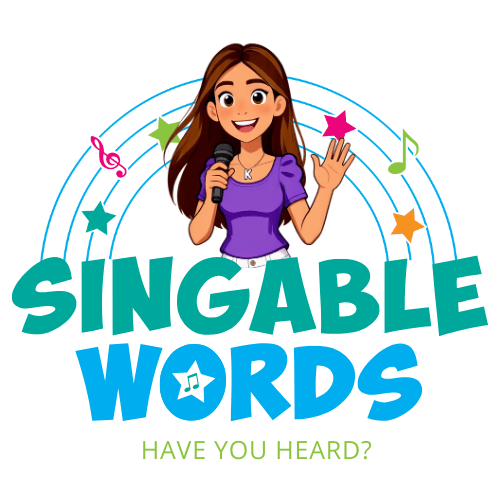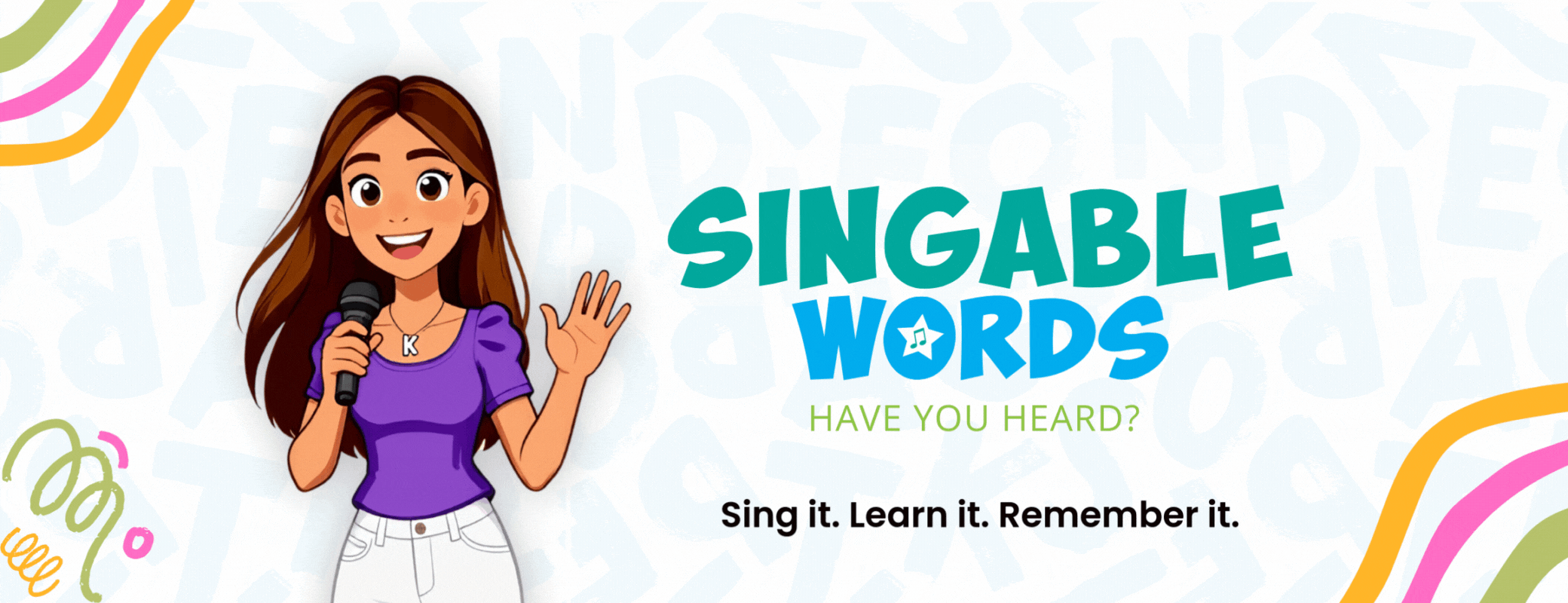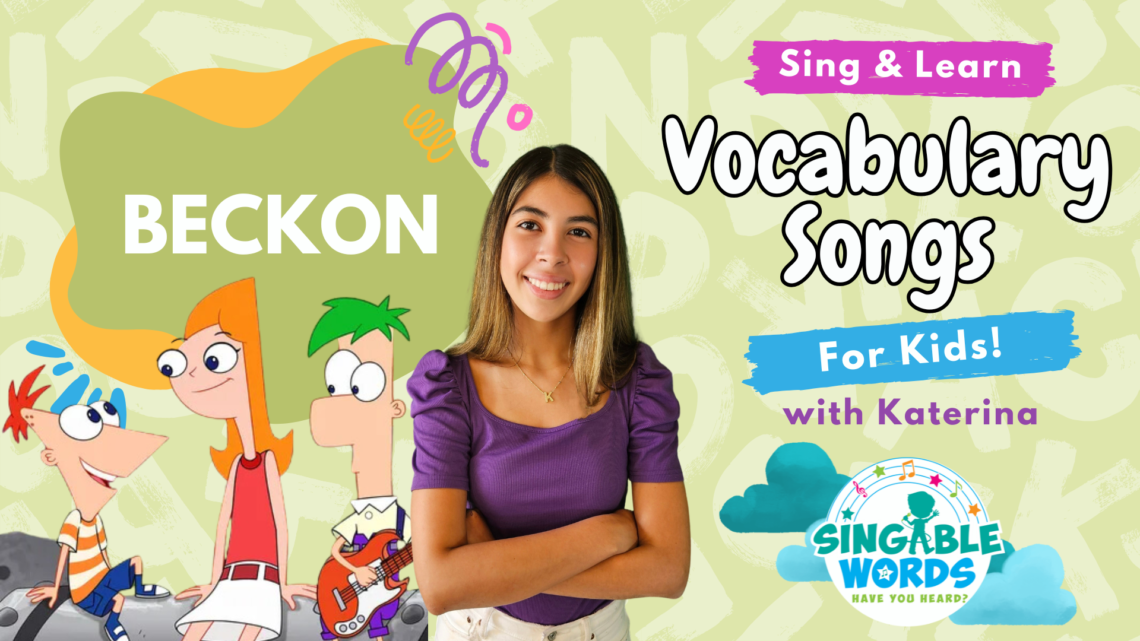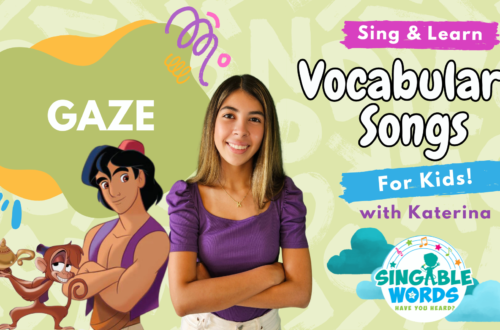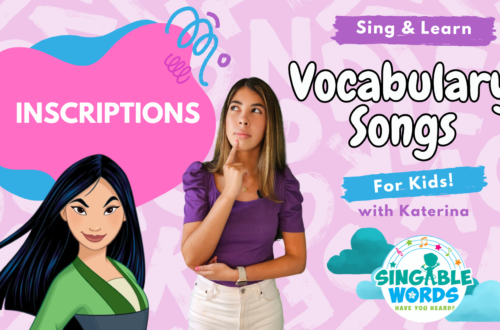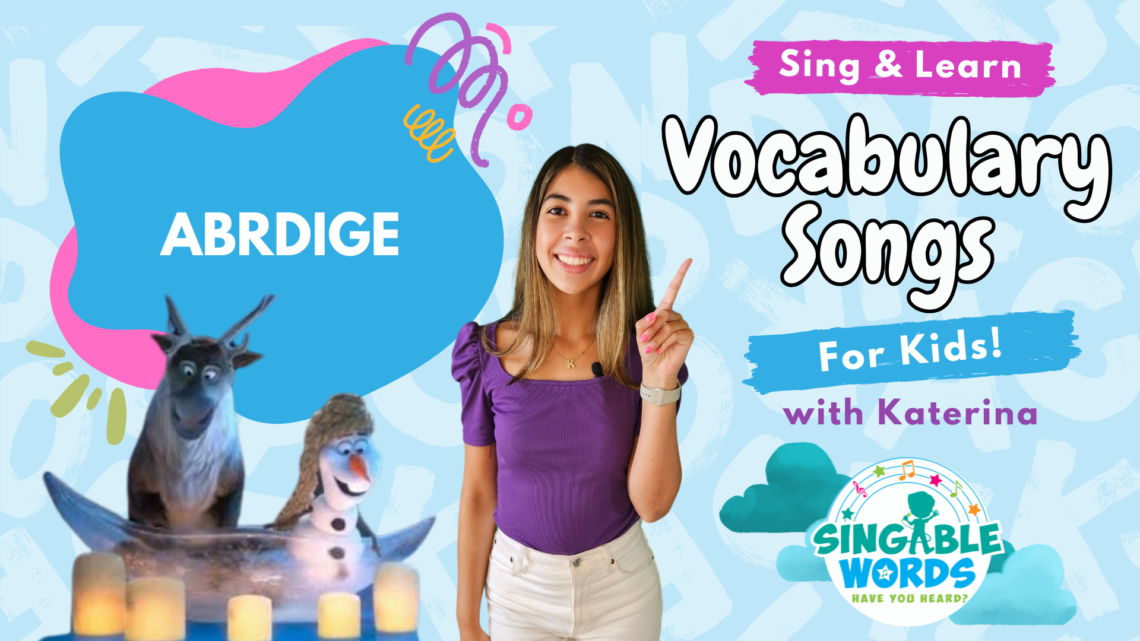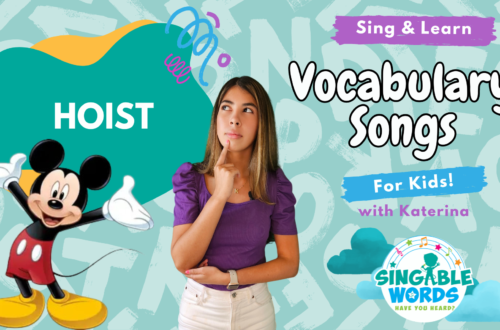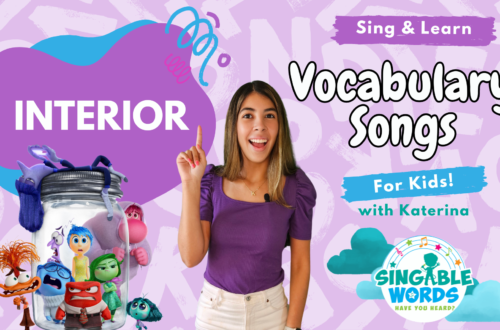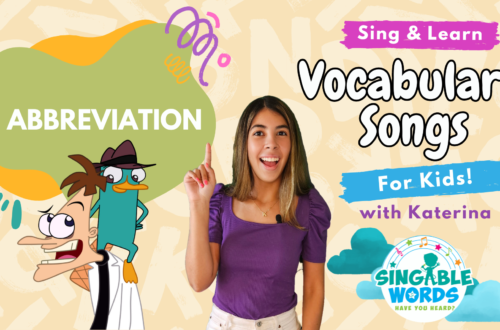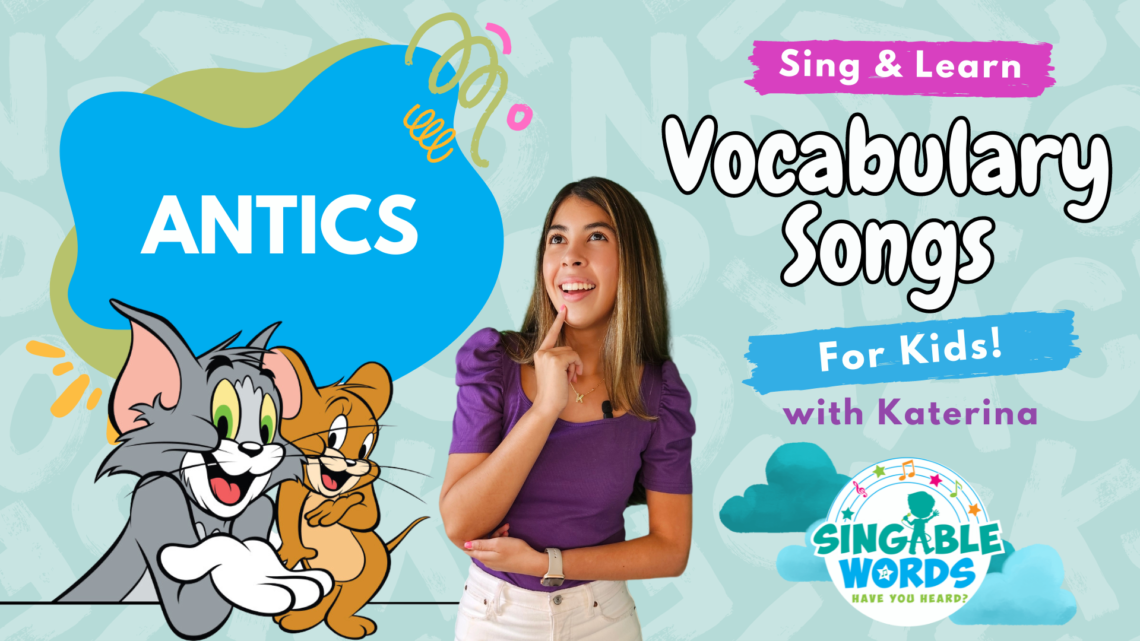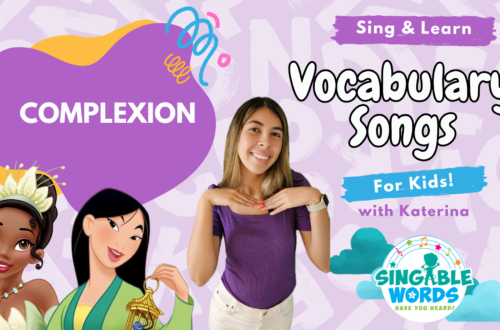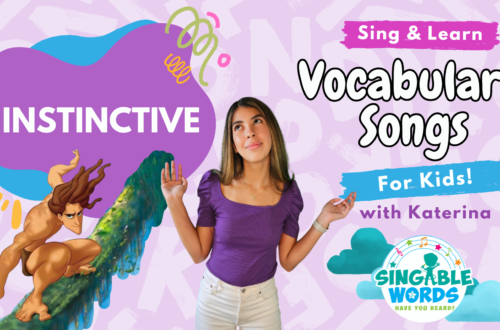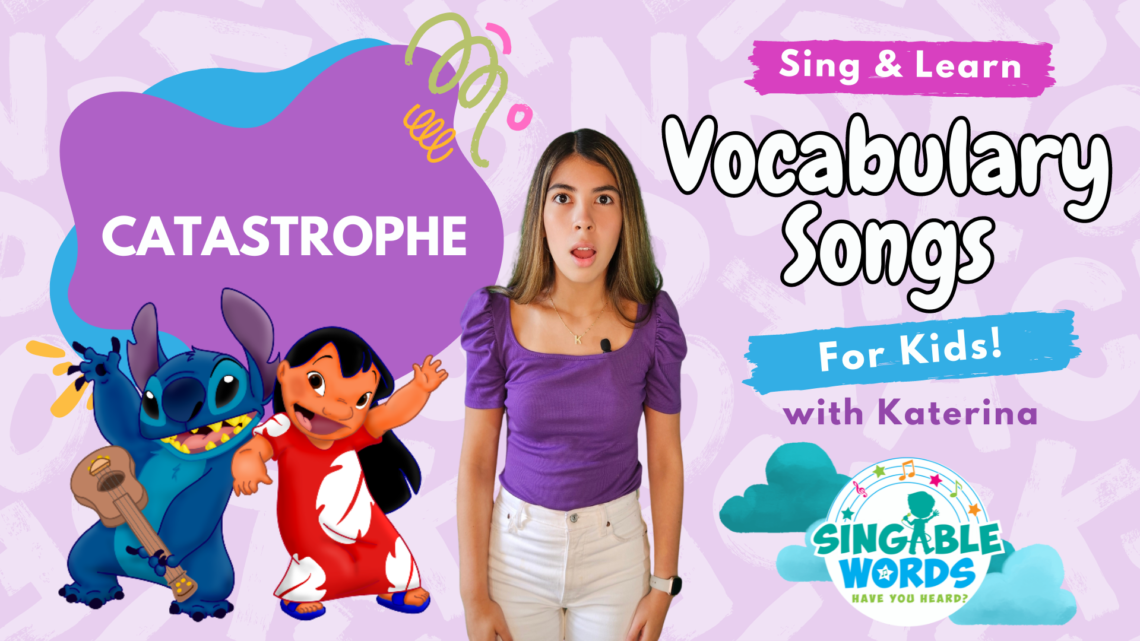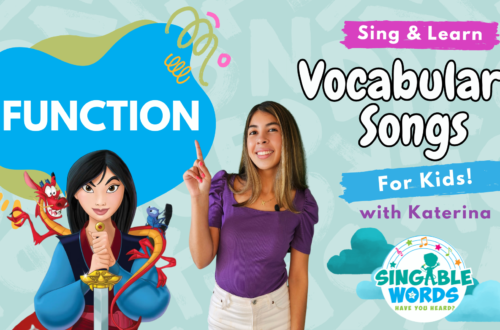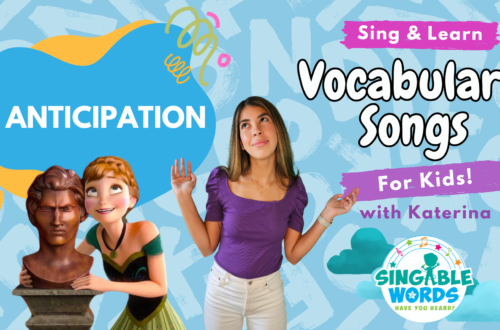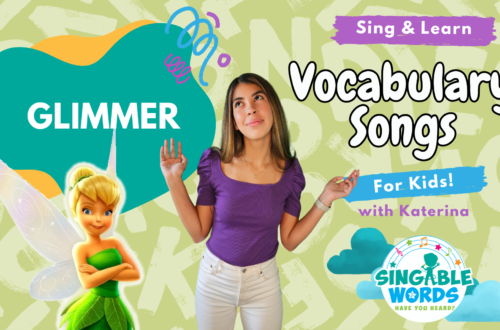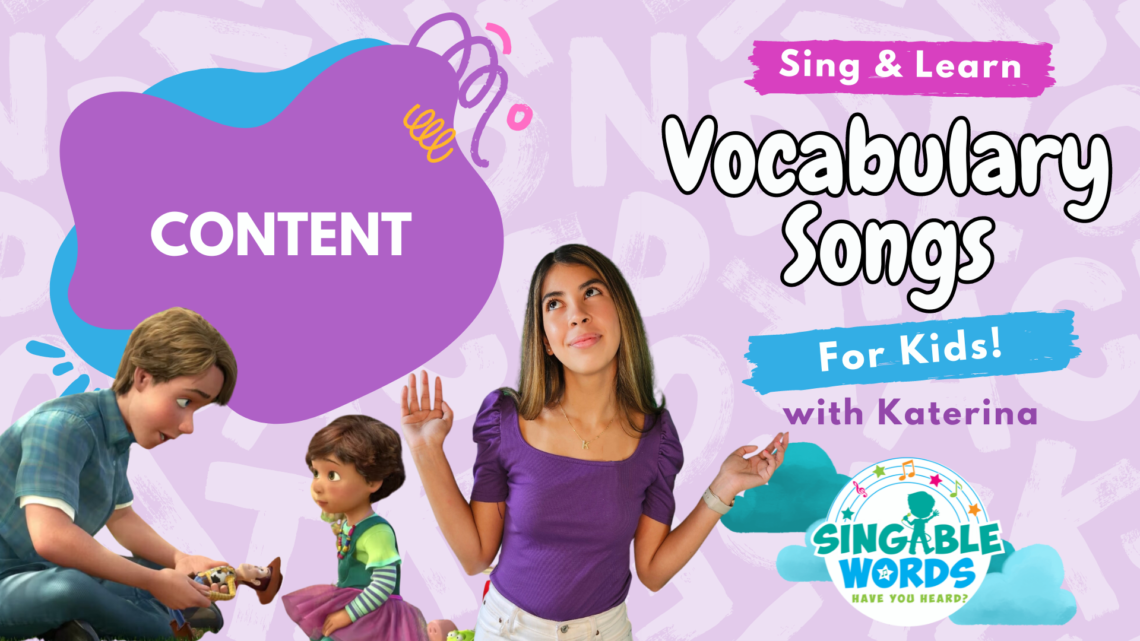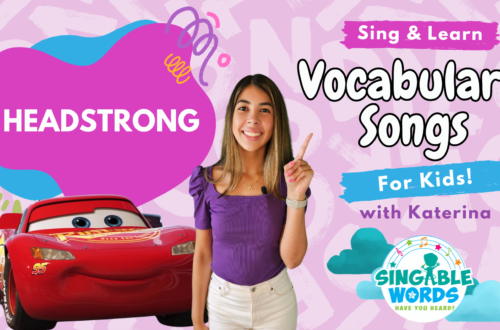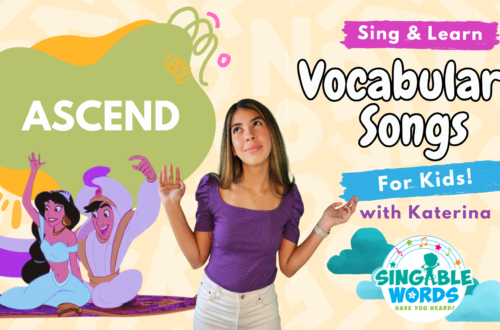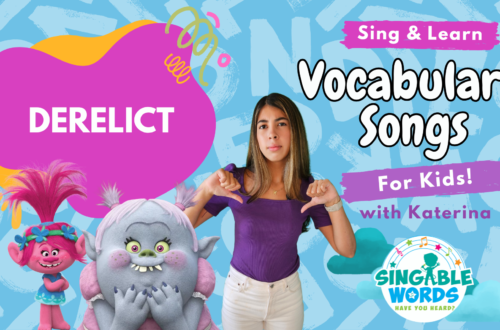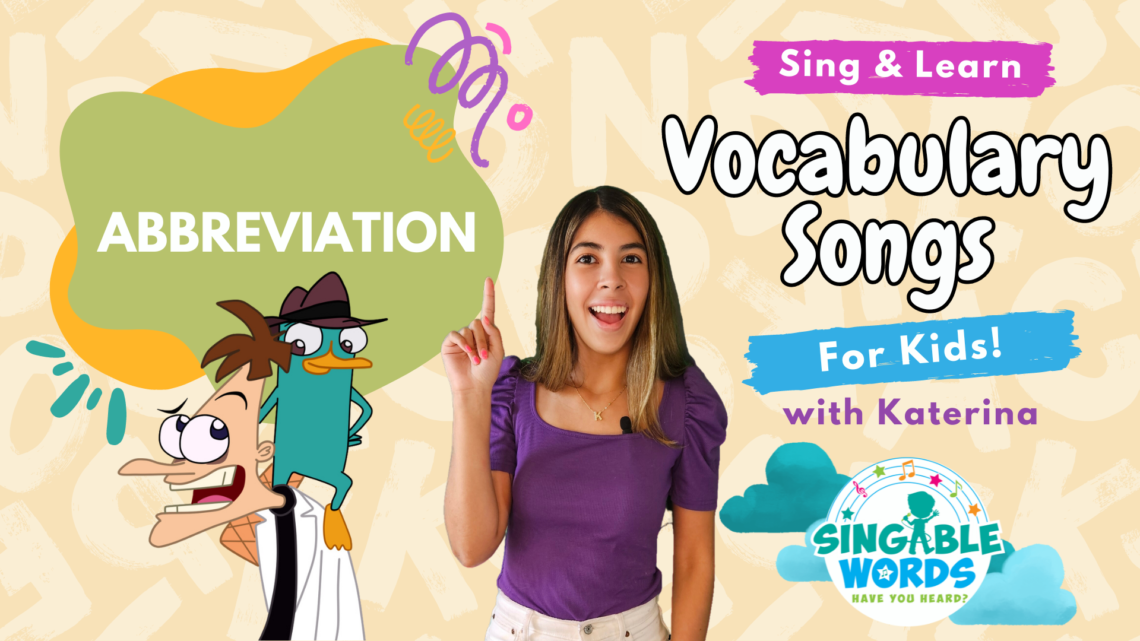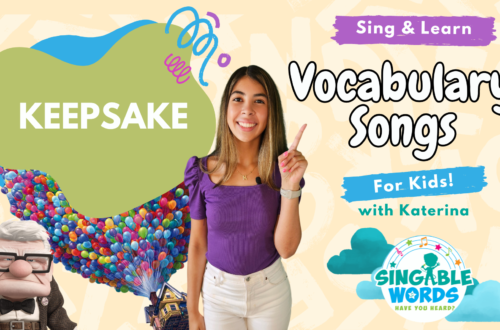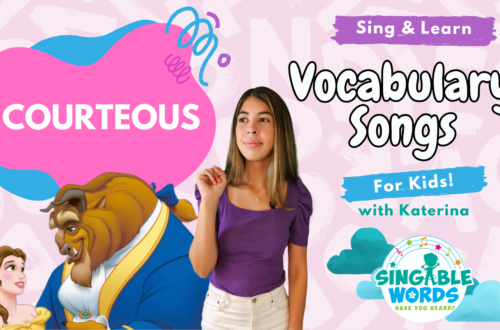-
What is Beckon?
A secret word awaits, hidden in the depths of the language. Are you ready to uncover its meaning? It’s a word that will surprise, intrigue, and perhaps even challenge you. Buckle up, because we’re about to embark on a vocabulary journey like no other.
What does beckon mean? In this video, we’ll learn the definition, synonyms, antonyms, and how to use the word in a sentence. If you have an instrument, you can even play along using the chords provided in the video. Beckon
/ˈbe-kᵊn/
A beckon is a gesture, a signal, and to invite. It doesn’t mean to dismiss or to discourage.Word Background
Imagine you’re at a party and your friend is waving at you from across the room. They’re beckoning you to come over.
“Beckon” means to signal someone to come closer using a gesture or a look. It’s like inviting someone to join you, often with a wave of the hand or a nod of the head.
For example, a teacher might beckon a student to come to the front of the class to answer a question. Or, a waiter might beckon a customer to their table to take their order. Beckoning is a way of communicating without words, just by using a gesture.
Example Sentence
She beckoned me over by waving her hand.
Activity
-
What is Abridge?
A secret word awaits, hidden in the depths of the language. Are you ready to uncover its meaning? It’s a word that will surprise, intrigue, and perhaps even challenge you. Buckle up, because we’re about to embark on a vocabulary journey like no other.
What does abridge mean? In this video, we’ll learn the definition, synonyms, antonyms, and how to use the word in a sentence. If you have an instrument, you can even play along using the chords provided in the video. Abridge
/ə-ˈbrij/
Abridge is to shorten a piece of its writing. But not to lose its meaning. It does not mean to lengthen or expand.Word Background
Imagine you have a long story to tell, but you want to make it shorter. You can abridge the story by leaving out some of the details.
“Abridge” means to shorten something, usually a piece of writing, by leaving out parts of it. It’s like condensing a long story into a shorter summary. For example, you can abridge a book into a shorter version or a long speech into a brief summary.
When you abridge something, you try to keep the main points and ideas, but you remove unnecessary details. This can be helpful when you want to quickly communicate the most important information.
Example Sentence
The teacher asked you to abridge this paragraph to make it shorter.
Activity
-
What is Antics?
A secret word awaits, hidden in the depths of the language. Are you ready to uncover its meaning? It’s a word that will surprise, intrigue, and perhaps even challenge you. Buckle up, because we’re about to embark on a vocabulary journey like no other.
What does antics mean? In this video, we’ll learn the definition, synonyms, antonyms, and how to use the word in a sentence. If you have an instrument, you can even play along using the chords provided in the video. Antics
/ˈan-tiks/
Antics are foolish, outrageous, or amusing behavior. It’s not serious or humorless.Word Background
Imagine a clown at a circus. They do funny things like juggling, making funny faces, and even balancing on a ball! Those funny things they do are called antics.
Antics are silly or strange actions that are meant to be funny or entertaining. They can be playful, silly, or even a little mischievous. For example, a child might do silly antics to make their parents laugh, or a comedian might use antics to entertain their audience.
Antics are often unexpected and out of the ordinary, which is what makes them so fun and amusing. They can be a great way to add some humor and excitement to a situation.
Example Sentence
The clown’s antics were funny.
Activity
-
What is Catastrophe
Calling all word warriors! Are you ready for a magical vocabulary adventure? Today, we’re diving into a world of words, and we’ve got a special treat waiting for you. Get ready to discover a brand new word that will spark your imagination and impress your friends and teachers alike.
What does catastrophe mean? In this video, we’ll learn the definition, synonyms, antonyms, and how to use the word in a sentence. If you have an instrument, you can even play along using the chords provided in the video. Catastrophe
/kə-ˈta-strə-(ˌ)fē/
Catastrophe causes great damage and suffering, a disaster. A tsunami, earthquake, hurricane. The antonym is a blessing or a benefit.Word Background
Imagine a big storm that knocks down trees and floods houses. That’s a catastrophe!
A catastrophe is a sudden, unexpected event that causes a lot of damage or suffering. It’s like a big disaster that can affect many people. Some examples of catastrophes include natural disasters like earthquakes, hurricanes, and tsunamis, or man-made disasters like wars or accidents.
When a catastrophe happens, it can be scary and upsetting. It can cause people to lose their homes, their jobs, or even their loved ones. However, people can also be incredibly brave and resilient in the face of catastrophes, working together to rebuild and recover.
Example Sentence
The flood last year was a terrible catastrophe in which many people died.
Activity
-
What is Content?
Expand your knowledge and impress your friends with your newfound vocabulary. Today, we’re delving into the fascinating world of words, and we’ve got a special gem in store for you. Get ready to explore the meaning, usage, and history of content.
What does content mean? In this video, we’ll learn the definition, synonyms, antonyms, and how to use the word in a sentence. If you have an instrument, you can even play along using the chords provided in the video.
Content
/ˈkän-ˌtent/
Content is a state of peaceful happiness. It means to be happy, satisfied, and glad. The antonyms are upset and dissatisfied.Word Background
Imagine you’re reading a book. The story, the characters, and the pictures all make up the content of the book.
“Content” refers to the information, ideas, or material that make up something. It’s like the filling inside a sandwich or the words in a song. For example, the content of a website might include articles, images, and videos.
The content of something can be important because it’s what gives it meaning and value. It’s what we read, watch, or listen to. The content of a book, a movie, or a conversation is what makes it interesting and engaging.
Example Sentence
The baby looked content as she slept in her crib.
Activity
-
What is Abbreviate?
Calling all word warriors! Are you ready for a magical vocabulary adventure? Today, we’re diving into a world of words, and we’ve got a special treat waiting for you. Get ready to discover a brand new word that will spark your imagination and impress your friends and teachers alike.
What does abbreviation mean? In this video, we’ll learn the definition, synonyms, antonyms, and how to use the word in a sentence. If you have an instrument, you can even play along using the chords provided in the video.
Abbreviation
/ə-ˌbrē-vē-ˈā-shən/
Abbreviation is to shorten a word. To not be the full length of itself.Word Background
Imagine you’re writing a long essay, but you want to make it shorter. You decide to use abbreviations instead of writing out full words. For example, you could write “USA” instead of “United States of America.” That’s called abbreviating.
“Abbreviate” means to shorten a word or phrase by using only the first letters or part of it. It’s like taking a big word and making it smaller. People often abbreviate long words or phrases to save time and space.
For example, “LOL” is an abbreviation for “laughing out loud,” and “FYI” means “for your information.” Abbreviating can be helpful when you’re writing a lot, or when you want to keep your message short and sweet.
Example Sentence
It is quicker to abbreviate Oh My Gosh to OMG when texting.
Activity
